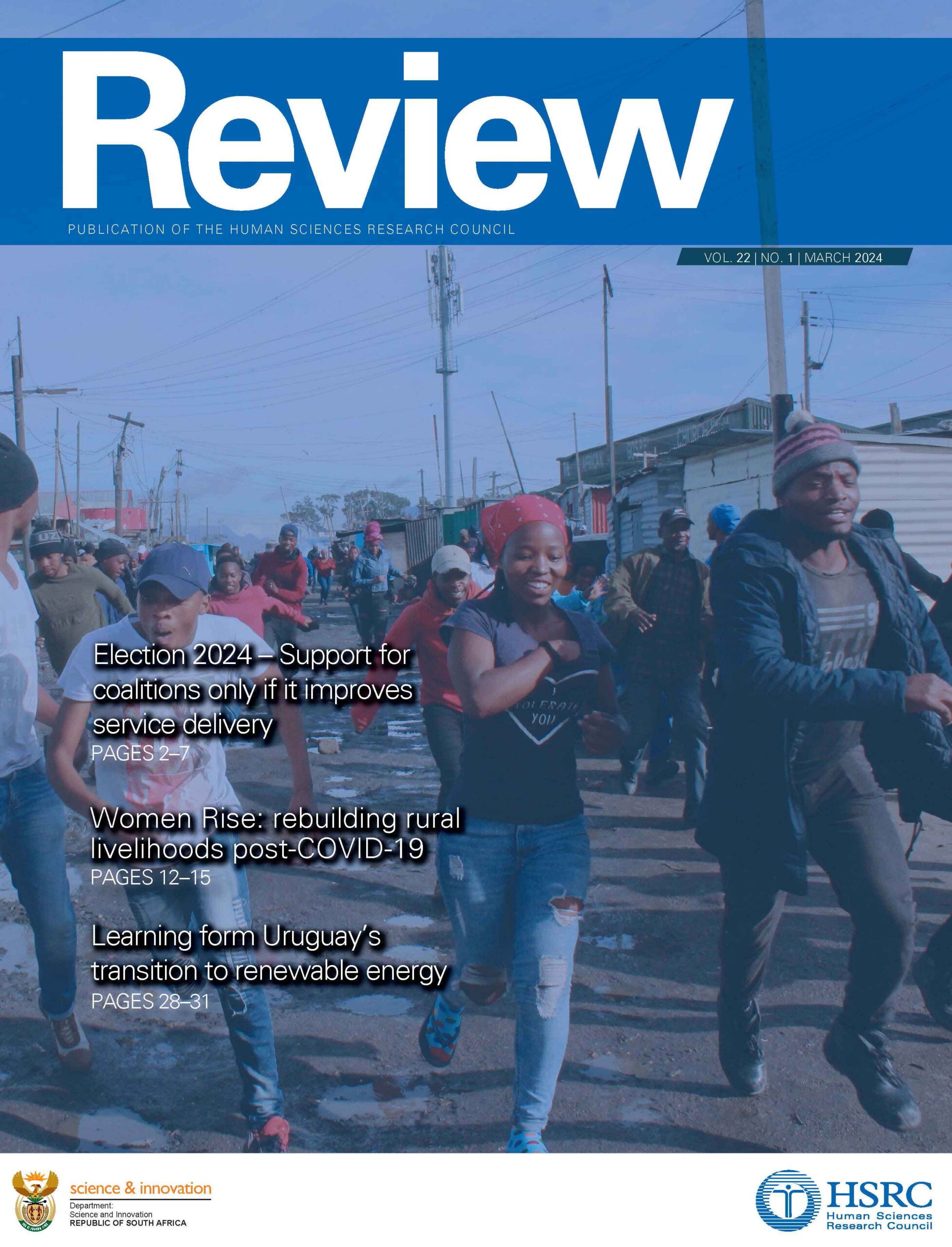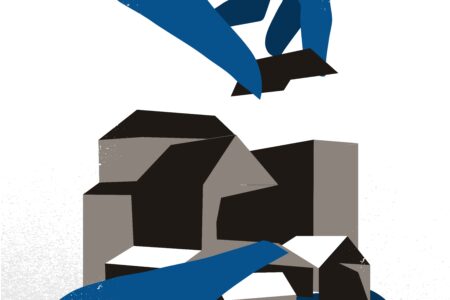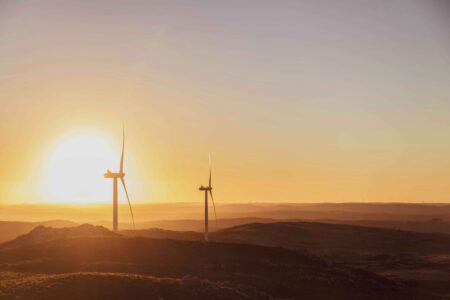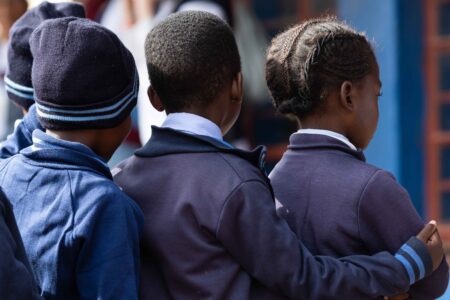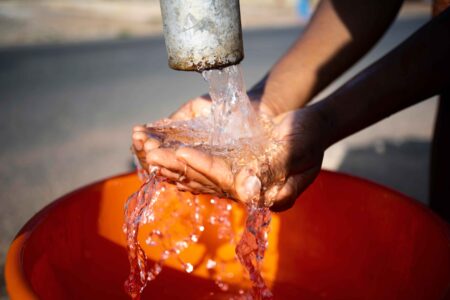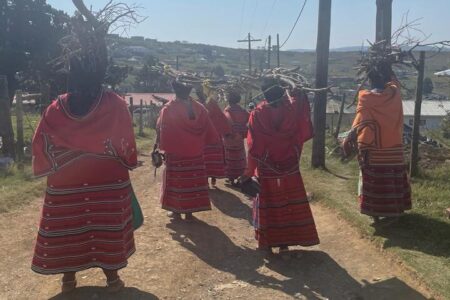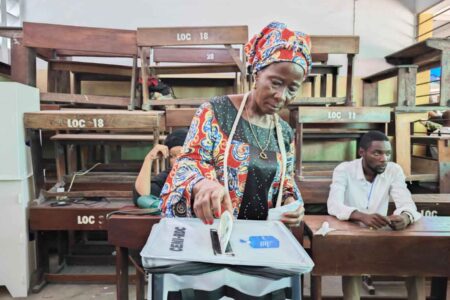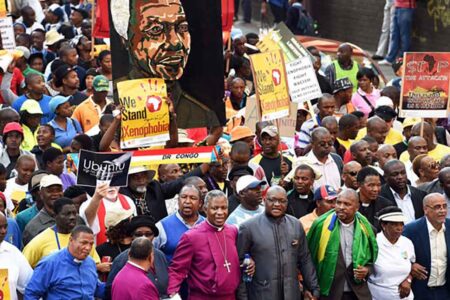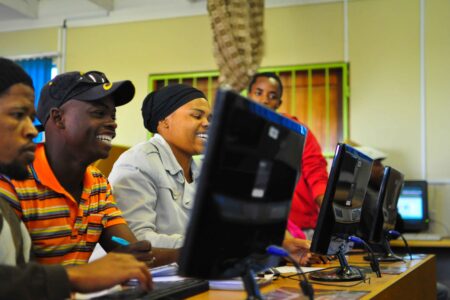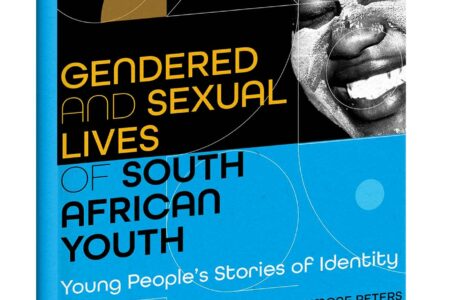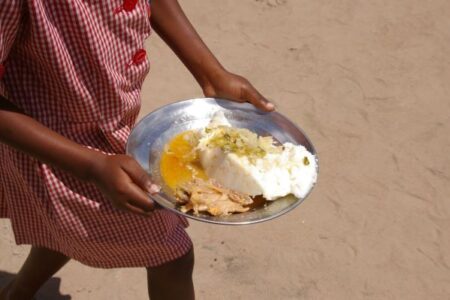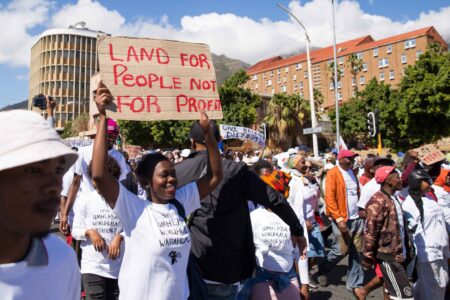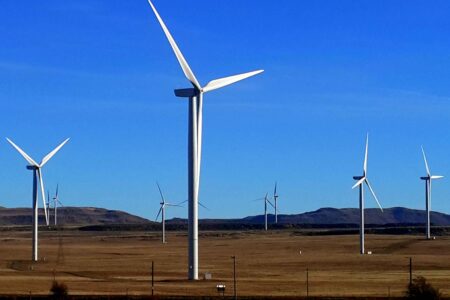Editor’s note
We are almost a quarter into 2024, and South Africans are gearing up for the next general elections on 29 May. With analysts predicting an era of coalition governments, our feature article for this edition discusses important findings from HSRC surveys on public perspectives about coalitions.
In line with our commitment to free and fair democratic elections, an HSRC team reports back on an election observation mission where they noted the plight of people with disabilities at voting stations during general elections in the Democratic Republic of the Congo in December 2023.
We also write about the importance of institutionalising the social integration of immigrants into South African communities; the potential consequences of providing South African youth with tuition-free higher education; and the roles of women in water management.
The Review Team
Featured articles from the Review
The HSRC is committed to the dissemination of research-based information. One of the vehicles for this activity is its quarterly magazine, the HSRC Review, which contains accessible articles of recent research outputs, expert opinion and success stories of collaborative projects.
The HSRC Review assists the organisation in adhering to its mandate to serve the public purpose. It informs the making and monitoring of effective policy, helps to evaluate its implementation, and sparks public debate by disseminating research results.
The magazine is produced as an electronic version and distributed to about 2 000 subscribers. Readers include parliamentarians; directors and heads of government departments; funders and donors; development organisations; NGOs; the diplomatic community; national and international research institutions; and universities and schools.

